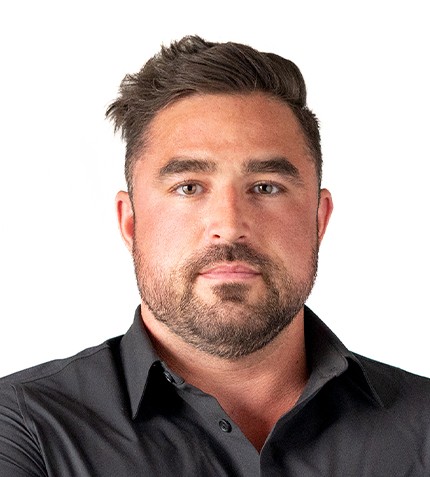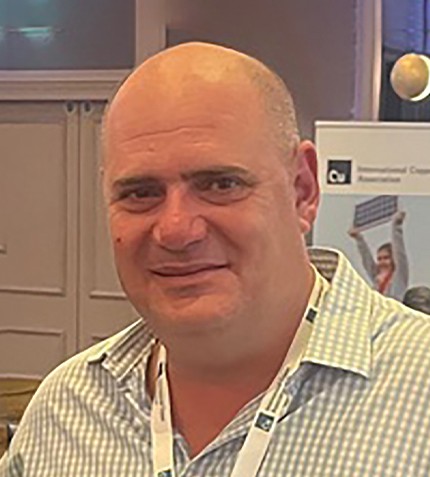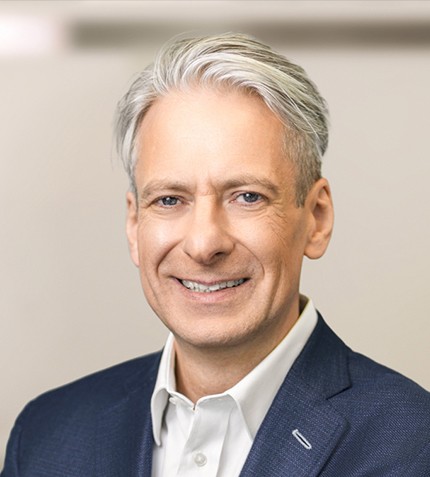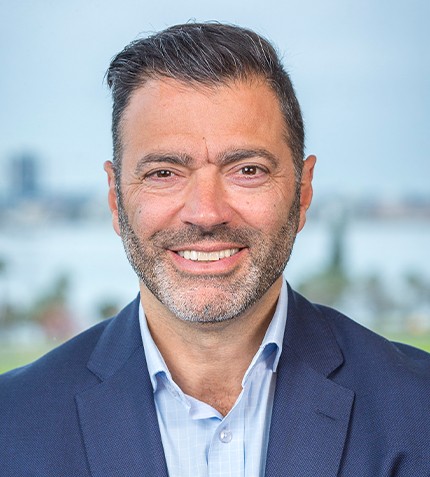
"Our goal is to engage positively on key downstream sector issues and initiatives to promote investments on the continent."
Anibor Kragha
EXECUTIVE SECRETARY, AFRICAN REFINERS AND DISTRIBUTORS ASSOCIATION (ARDA)
Can you give an overview of ARDA and the objectives of the organization?
The African Refiners Association (ARA) was founded in 2006, but in 2017, we changed our name to the African Refiners and Distributors Association (ARDA) to reflect the full downstream value chain. We are the first pan-African organization focused on the downstream oil sector in Africa, and our approximately 80 members span the entire supply chain from oil refiners, importers, terminal operators, marketers, distributors, and industry regulators. ARDA has a platform for sharing industry best practices and ensuring improved interaction between African refiners and distributors, and international marketing, trading, engineering, and financial services companies. Our goal is to engage positively on key downstream sector issues and initiatives to promote investments on the continent.
ARDA promotes industry best practices via our seven workgroups – Refining and Specification, Storage and Distribution, LPG, HSE and Quality, Regulation, Human Capital, and Sustainable Financing. We annually run workshops, forums, and our signature ARDA week where all the key players in the downstream sector gather to debate key industry issues that result in thought-provoking exercises and implementation plans.
Are you observing Western financiers shying away from financing downstream projects?
Capital for fossil fuel projects is drying up, whether it is upstream, midstream, or downstream. ARDA’s approach is to develop a unique, sustainable energy transition roadmap, with a corresponding finance plan, named “A Tale of Three Decades”, which outlines critical downstream energy projects its members and key stakeholders should be investing in on a decade-by-decade basis between now and 2050. ARDA is actively working with McKinsey & Company to establish a consolidated register of investable pan-African energy infrastructure projects that we can bring to the market and match African project developers with key financiers. During ARDA Week in April 2024, we held our first-ever ARDA Investment Forum during which ARDA members showcased their current projects and engaged with key DFIs like Africa Finance Corporation and Afreximbank.
In the near term, ARDA’s goal is to raise funding for our members to upgrade existing African refineries to produce cleaner fuels and value-added petrochemicals, invest in strategic storage and distribution infrastructure to transport these clean fuels across the continent, and promote adoption of LPG as a cleaner cooking option to biomass/charcoal. ARDA and the Global LPG Partnership (GLPGP) are currently putting together a US$1 billion fund for ARDA members to invest in LPG and bio-LPG projects across Africa. In October 2024, ARDA plans to host its first-ever LPG Forum that will focus on delivering actionable frameworks to significantly increase LPG adoption across the continent, especially last-mile distribution in peri-urban and rural areas, in the lead-up to COP 29.
How can refiners across Africa balance the need to refine domestically and add value within the country with the need to export crude oil?
Africa's energy demand is going to grow 50-55% over the next two decades, but the question is, how do we support local refining in such a way that African countries can minimize imports and still maximize profitability from their crude oil production? Africa should work towards a position where we maximize refining and beneficiation on the continent and become world-class refiners that can then export refined products rather than crude oil.
ARDA’s role is to ensure that all its members across the African downstream value chain can access the necessary funding to execute their critical projects to ensure energy security on the continent. As such, our Association plans to establish a register of bankable, sustainable pan-African downstream projects and engage a critical mass of Africa’s 64 DFIs to support these projects in line with the African Downstream Energy Transition Roadmap. Ultimately, successfully attracting project financing will require all key players to intentionally focus on the following four critical steps. First, African regulators must ensure that the requisite regulatory frameworks are implemented to support these investments over the investment horizon. Second, project developers must ensure the scope, cost, and schedule of their project are fully defined. Third, all projects seeking financing must have clear ESG imperatives. Fourth, project developers must demonstrate that their organizations possess the requisite human capital to execute the project(s) and deliver the business results as envisioned. Once the first four steps are in place, it will be much easier to attract project financing.










